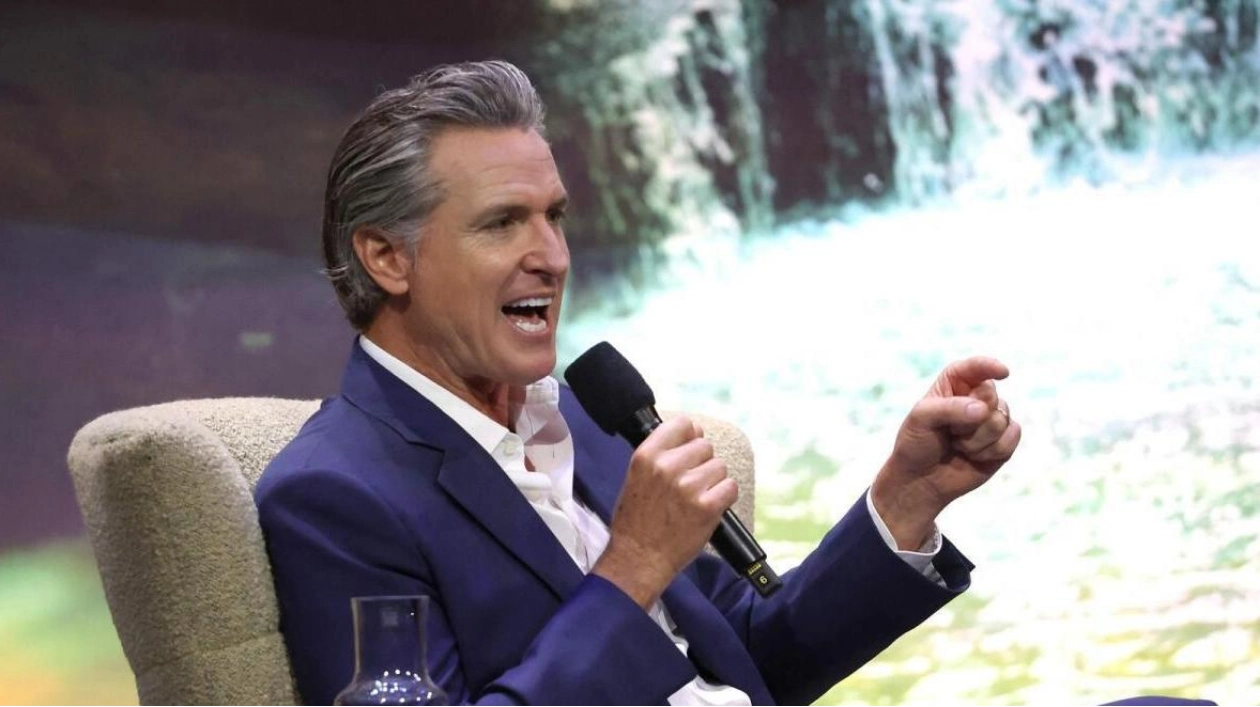A new California law extends consumer privacy protection to brainwave data gathered by implants or wearable devices.
Governor Gavin Newsom recently signed into law a bill that amends the California Consumer Privacy Act, aligning it more closely with the GDPR in Europe. This amendment classifies 'neural data' as protected personal information, similar to precise geolocation, genetics, and biometrics.
Sean Pauzauskie, medical director of the Neurorights Foundation, hailed the California law as a significant victory for patients with mental health disorders and consumers seeking to enhance their lives with new technologies. The NGO co-sponsored the bill with a state senator.
Pauzauskie stated that the privacy safeguards ensured by the law should boost confidence in various neurotechnologies, most of which are based in California. California is the second state to extend data protections to brainwaves, following Colorado's similar legislation.
Jared Genser, general counsel of the NeuroRights Foundation, emphasized the need for a national brainwave data privacy law. The California law includes protections such as the right to know what brain data is being collected, limit its disclosure, and opt-out or have it deleted. These protections apply to devices capable of recording or altering nervous system activity, whether implanted or worn.
Concerns have been raised about the potential for these devices to manipulate feelings or thoughts. The Neurorights Foundation predicts that neural data sensitivity will increase with rising investments, leading to higher resolution brain scans and larger datasets.
Elon Musk's Neuralink startup is among those working to link brains and computers. Musk envisions Neuralink implants going beyond restoring sight to the blind, potentially giving people infrared or ultraviolet vision or allowing them to share concepts telepathically.






